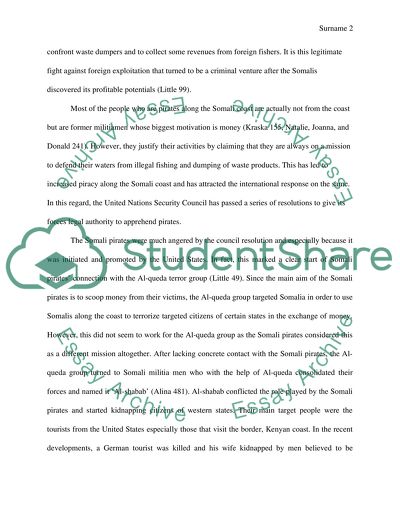Cite this document
(“Somali piracy and international law Research Paper”, n.d.)
Retrieved de https://studentshare.org/law/1392839-somali-piracy-and-international-law
Retrieved de https://studentshare.org/law/1392839-somali-piracy-and-international-law
(Somali Piracy and International Law Research Paper)
https://studentshare.org/law/1392839-somali-piracy-and-international-law.
https://studentshare.org/law/1392839-somali-piracy-and-international-law.
“Somali Piracy and International Law Research Paper”, n.d. https://studentshare.org/law/1392839-somali-piracy-and-international-law.


